
The FDA has granted Fast Track Designations to surufatinib for the treatment of advanced and progressive pancreatic neuroendocrine tumors and extra-pancreatic neuroendocrine tumors in patients who are not amenable for surgery.

Your AI-Trained Oncology Knowledge Connection!


The FDA has granted Fast Track Designations to surufatinib for the treatment of advanced and progressive pancreatic neuroendocrine tumors and extra-pancreatic neuroendocrine tumors in patients who are not amenable for surgery.
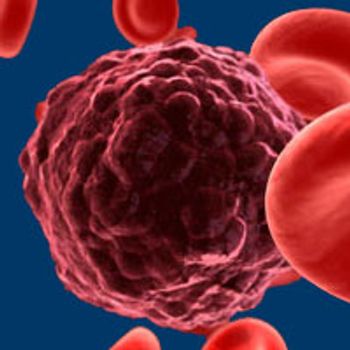
The 3-drug induction regimen of lenalidomide, bortezomib, and dexamethasone led to impressive overall survival outcomes and a very good partial response or better in nearly 90% of patients with newly diagnosed multiple myeloma.

Dylan Essner, discusses the utility of novel electronic documentation tools developed by technicians at Epic Beacon, among others, in the documentation, grading, and treatment of patients receiving CAR T-cell therapy.

The FDA has approved tucatinib for use in combination with trastuzumab and capecitabine for the treatment of patients with unresectable locally advanced or metastatic HER2-positive breast cancer.
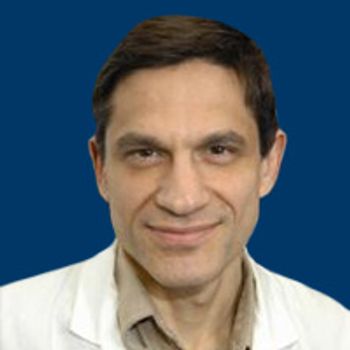
Robert J. Kreitman, MD, discusses the long-term findings from the pivotal phase III trial with moxetumomab pasudotox in relapsed/refractory hairy cell leukemia.
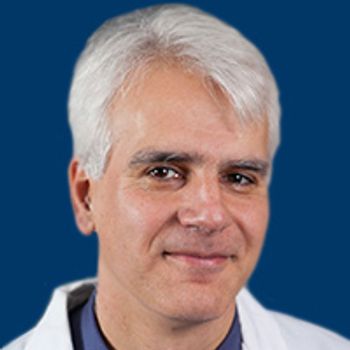
Balazs Halmos, MD, MS, provides insight on preventive measures put in place at his institution, day-to-day challenges faced in practice, and how he is staying connected with the broader community to share information.

The benefit of single-agent acalabrutinib continued well over 3 years after treatment initiation in patients with relapsed/refractory chronic lymphocytic leukemia.

This week we have collaborated with Weill Cornell Medicine to highlight important topics facing oncologists today. Join us Saturday, June 6, 2020 at 11 AM EST.

An OncLive® Weekly Webinar Series highlighting best practices, treatment updates, and multidisciplinary approaches to ovarian cancer care through the COVID-19 pandemic. Join us Wednesday, June 3, 2020 at 8 PM EST.
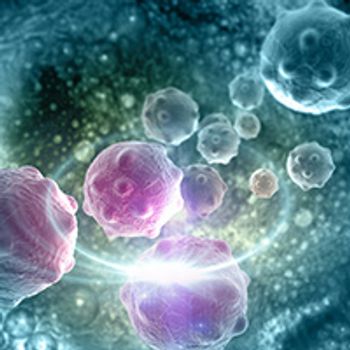
This OncLive® webinar series will focus on the continued impact of the COVID-19 pandemic on the delivery of cellular therapeutics, particularly chimeric antigen receptor T cells. Join us Tuesday, June 2, 2020 at 8 PM EST.
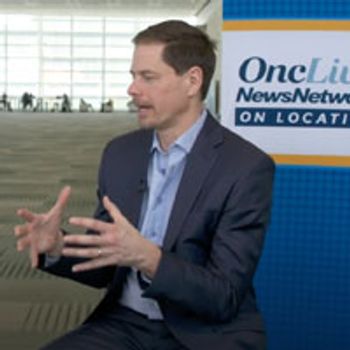
Join us LIVE at this year's virtual scientific program! OncLive® will broadcast a series of interviews with top thought leaders to share their insights and reactions to data presented during the virtual conference.
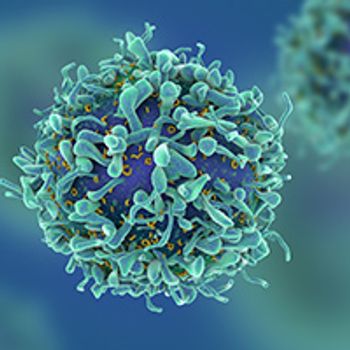
This OncLive® webinar series will focus on the continued impact of the COVID-19 pandemic on the delivery of cellular therapeutics, particularly chimeric antigen receptor T cells. Join us Tuesday, May 26, 2020 at 8 PM EST.
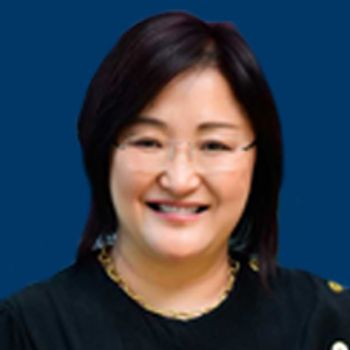
The China National Medical Products Administration has granted a priority review to niraparib for use as a frontline maintenance treatment for adult patients with advanced ovarian cancer.

Peter R. Galle, MD, PhD, discusses the PROs analysis from the IMbrave150 trial in HCC and the importance of understanding patient experience during treatment.

Alvin H. Schmaier, MD, discusses the primary and secondary management of cancer-related thrombosis.
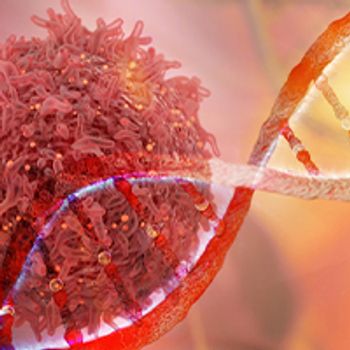
This OncLive® webinar series will focus on the continued impact of the COVID-19 pandemic on the delivery of cellular therapeutics, particularly chimeric antigen receptor T cells. Join us Tuesday, May 19, 2020 at 8 PM EST.
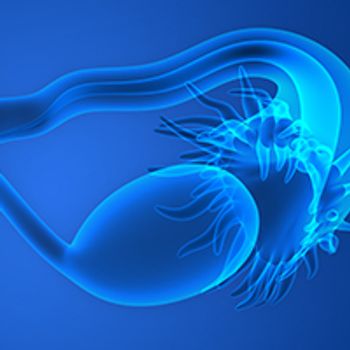
In this third webinar of our series, we will take an in-depth look at systemic therapy and how the landscape of treatment continues to evolve during this time. Join us on Wednesday, May 20, 2020 at 8 PM EST.
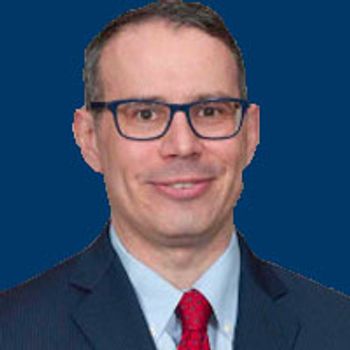
Anthony R. Mato, MD, MSCE, discusses the different research efforts that are being made with immunotherapy in chronic lymphocytic leukemia.

This OncLive® webinar series will focus on the continued impact of the COVID-19 pandemic on the delivery of cellular therapeutics, particularly chimeric antigen receptor T cells. Join us Tuesday, May 19, 2020 at 8 PM EST.
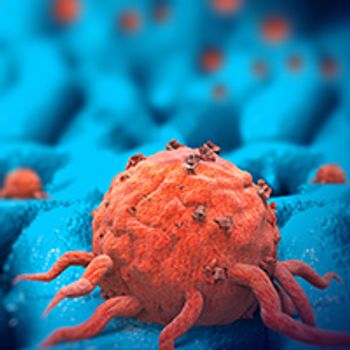
This OncLive® webinar will focus on the impact of COVID-19 on oncology nursing care for patients with hepatocellular carcinoma. Join us on Wednesday May 18, 2020 at 8 PM EST.
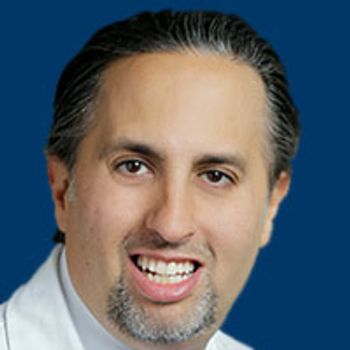
Omid Hamid, MD, discusses emerging treatment approaches, the role of surgery, and ongoing research efforts in melanoma.

This week we have collaborated with The University of Chicago Medicine to highlight important topics facing oncologists today. Join us Saturday, May 16, 2020 at 11 AM EST.

As oncologists, we often rely on guidelines to make treatment decisions; however, none of those guidelines include dealing with a pandemic such as COVID-19.

This week we have collaborated with The University of Chicago Medicine to highlight important topics facing oncologists today. Join us Saturday, May 16, 2020 at 11 AM EST.
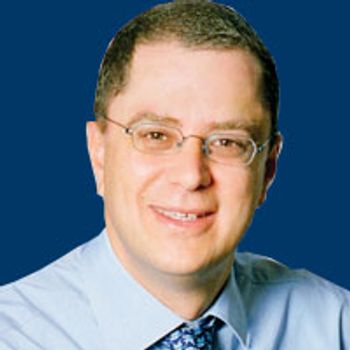
Data from the phase II FIGHT-202 study of pemigatinib in advanced or metastatic FGFR2-positive cholangiocarcinoma have been published as the FDA considers a new drug application for the treatment in this setting.

The FDA has approved mitomycin gel (Jelmyto) as the first therapy to treat low-grade upper tract urothelial cancer.

Florida Cancer Specialists & Research Institute is pleased to announce the addition of gynecologic-oncologist Dr. Margarett C. Ellison in Tallahassee.

Ruben A. Mesa, MD, discusses the current state of ET treatment, the challenges of diagnosing the disease, and available educational resources for healthcare providers and patients.
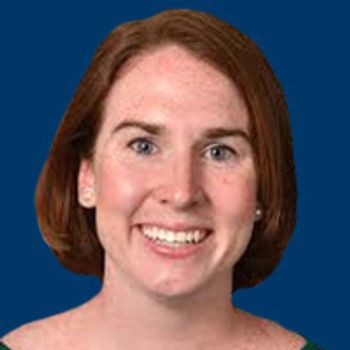
Comprehensive genomic profiling can be successfully performed in the majority of patients with sarcoma, depending on the tumor location and tissue subtype, which can impact treatment decisions and patient outcomes.

Trastuzumab-dttb (Ontruzant) is now officially available for clinical use in the United States.